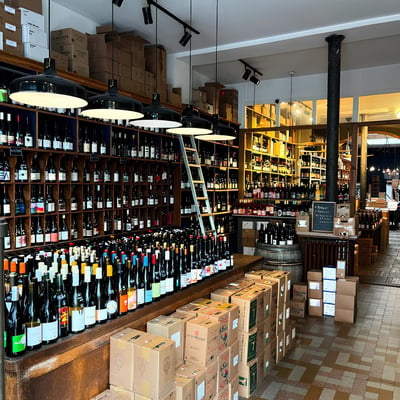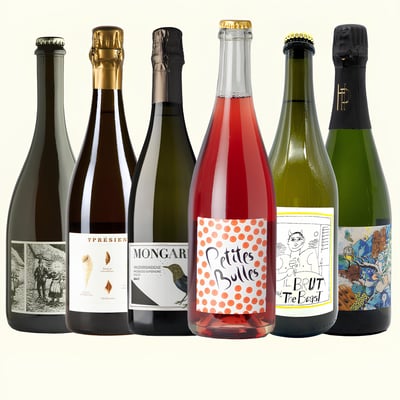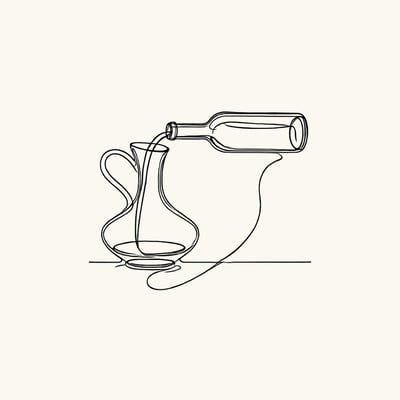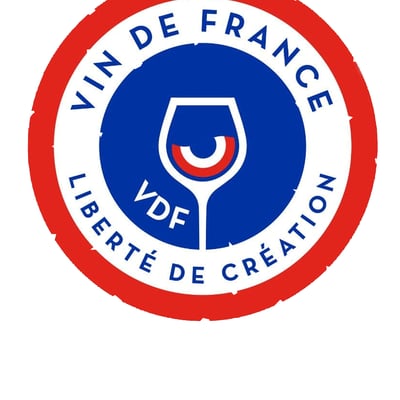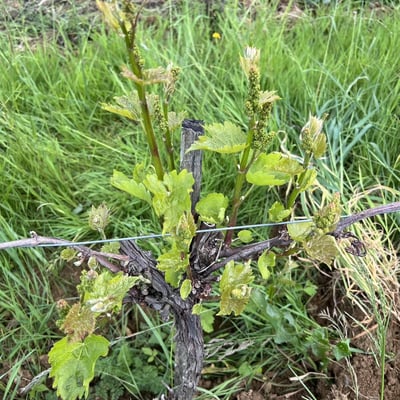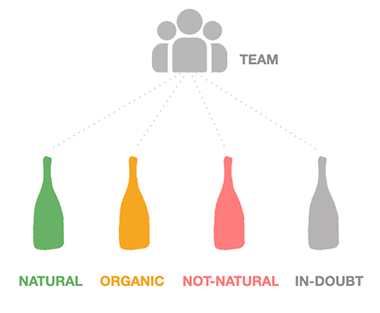March 28, 2024 - 0 comments

Cork taint, or the idea of a wine being ‘Corked’ scientifically known as TCA (2,4,6-trichloroanisole), is a common issue encountered in the world of wine, often resulting in unpleasant odors and flavors. This phenomenon occurs when natural compounds, usually fungus, found in cork interact with certain chemicals, such as chlorine-based cleaning agents, during the production process. The result is the formation of mould on the cork, which can affect the aroma and taste of the wine and yes even minimal intervention natural wines, can still get this problem from interactions with chemicals found in the winery or found on the tree from which the cork was made.
Imagine opening a bottle of wine and being greeted by a musty, moldy smell reminiscent of damp cardboard or wet dog. That's a telltale sign of cork taint. Additionally, the taste of the wine may be muted or dull, lacking the vibrant flavors that you'd expect.
While detecting cork taint is relatively straightforward, with its distinct off-putting characteristics, it's essential to note that not all affected wines exhibit the same intensity of TCA contamination. Some wines may only show subtle hints of cork taint, while others are unmistakably tainted.
To prevent cork taint from spoiling your wine experience, cork makers could implement stringent quality control measures during cork production to minimize the risk of TCA formation. Furthermore, storing wine bottles in a cool, dry environment can help mitigate the development of TCA over time.
For consumers, opting for wines sealed with alternative closures, such as screw caps, crown caps, synthetic corks, can offer a degree of protection against cork taint.
It is important to note that Cork taint can happen to everyone, it is not a sign of bad quality wine. Sadly, it can happen that you open that special bottle you’ve been storing for years, and you find it’s corked.



